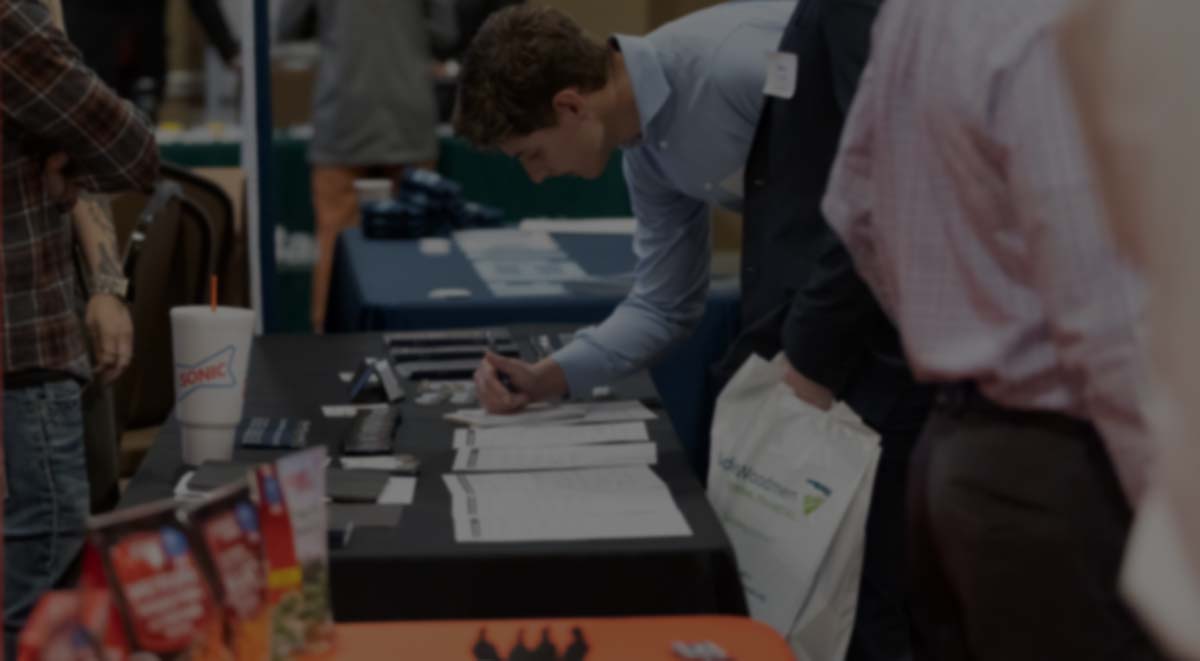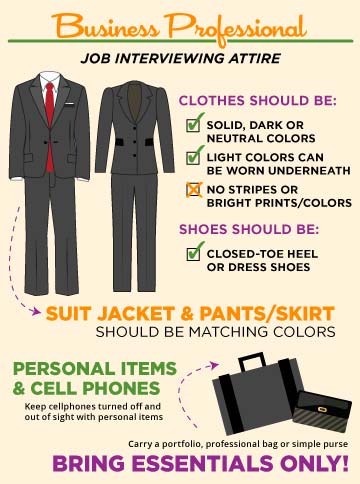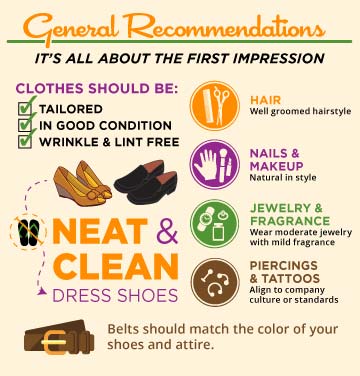Interview Preparation
Discover how preparation, presentation, and follow-up can transform an interview into a job offer. Practice your interview skills and learn about different types of interviews.
Goals Preparing What to Wear Questions You Might Be Asked During After
Types of Interviews
Phone Screen
One of the initial interviews an executive will come across. If you receive a spur-of-the-moment call, ask to schedule a more appropriate time.Traditional
Most executives have participated in these. Focus on highlighting how your skills, experience, and accomplishments prove you are the best candidate for the role.Behavioral
Tests your self-awareness by focusing on what you have done in detailed scenarios. The main objective is to try to uncover how you solve problems.Video
Saves the candidate and company money on travel costs, but still allows interviewers to observe the candidate's character. Prepare for these as you would for an in-person interview.Group
The hiring team interviews a number of candidates at the same time. This is not very common for most executive roles.Panel
Panel interviews consist of numerous interviewers asking a candidate questions. These interviewers bring viewpoints from different departments within the company.Lunch or Dinner
This interview is meant to see how you fit with the rest of the team, not to provide you with a free meal. Eat something light and clean so that you are not distracted.Informational
Investigative meetings where the candidate is not being considered for a particular role. Over-prepare, keep your expectations low, and approach the conversation with gratitude.Strength-Based
Uncovers what the candidate "loves to do" instead of what they "can do." Companies conducting these want to be sure the candidate is passionate about the role.Interview Goals
Interviews can come in all different shapes and sizes: from in-person to virtual, one-on-one to group or panel, or even informal coffee meetings to formal auditions on the job. Regardless of the type of interview, the goals are the same:
- Position yourself as the most qualified and passionate candidate — Every answer should somehow come back to how you are the most qualified and most passionate candidate, no matter the type of interview or question.
- Demonstrate through real-life examples — Give relevant, real-life examples demonstrating skills and strengths. In other words, don't just say that you have problem solving skills, talk about a time that you solved a problem and provided a creative solution. Help the employer see how your particular qualifications will benefit them by demonstrating how they have benefited others.
- Be personable, but not too personal — Engage through professional yet warm body language, eye contact, and voice inflection, anddon't be afraid to show a little personality. Be careful to always remain professional and to not get too personal. This isn't a time to share deep, dark secrets or disqualifying weaknesses
Preparing for an Interview
Step 1: Know how to talk about yourself
Reflect on your employment chronology and how to frame any negatives in a positive light. Frame your strengths and weaknesses: demonstrate how your strengths are an asset in this role and how your weaknesses show personal growth. Consider how your qualifications and passion will be a benefit to the employer, not just how this job will benefit you.
Step 2: Research the company and role
Learn as much as you can about the organization where you'll be interviewing. Review the website, look for news articles, and talk with anyone in your network that's connected to the organization. Review the job description and identify some of the key qualifications and skills for this role.
Step 3: Prepare examples and questions
Think of a few real-life examples from your education/work/volunteer/leadership experiences that you could use to help demonstrate the strengths and skills they're looking for. This helps prevent fumbling or stalling in an interview while you try to think of a time that you did x, y, or z.
Interviewers usually give you a chance to ask questions at the end of an interview. Use this opportunity to show curiosity for and knowledge of the opportunity.
- Don't ask something you could have researched ahead of time.
- Don't ask about pay/benefits unless they first introduced the subject or there's a job offer already on the table.
- Ask questions based on your research. "Tell me more" questions can work great here.
Step 4: Practice interviewing
Practice answering common interview questions with a friend, mentor, career counselor, or on StandOut (log in using your UU email and password). This is not so that you sound scripted, but so that you can feel more confident talking about yourself, your skills, and your qualifications in relation to this particular opportunity. You'll feel much more confident the 5th time you try an answer compared to the 1st time.
Plan Arrival
Plan to arrive 10-15 minutes early. Utilize online traffic maps or drive the route the day before to get a feel for traffic and parking conditions, and any other factors that might impact your timely arrival.
What To Bring
- 5-10 professional copies of your résumé.
- Notepad and pen to write down names and take notes.
- Copy of the job description to reference as needed.
- Any other materials the employer may have requested (e.g., writing samples, references,etc.)
- Professional-looking folder or portfolio to hold your documents.
For Virtual Interviews
- Test your camera and audio the day before.
- Join the video chat only a couple of minutes before the start time, not earlier.
- Neutral, distraction-free background.
- Look at the camera when speaking to give the illusion of eye-contact.
What to Wear
During the Interview
- Treat everyone you meet, from the moment you park to the moment you drive away with the same professionalism and respect.
- Keep your cell phone off and out of site.
- Engage through warm body language and eye contact.
- Don't be afraid to take deep breaths and pause for a moment before answering.
- Try rephrasing the questions or utilizing a phrase like, "That's a great question..."
- Ask about next steps in the interview/hiring process.
- Thank the interviewer for the opportunity to interview and express interest in continuing the conversation.
Questions You Might Be Asked
Lists of questions you might be asked and questions to ask
General questions
- Tell me about yourself
- why are you interested in working for us?
- What are your longterm goals?
Questions to ask employer
- What is a typical day like at this company?
- What is the work culture like here?
- What do you love most about working here?
- How would you describe the management style in this company?
- What is your timetable for making a decision?
- I saw on your website that your company does ______, can you tell me more about that?
After the Interview
Take note of your interviewers' names, and follow-up promptly with a brief, professional note of thanks along with any other follow-up from the interview itself. Do you need to clarify something from the interview? Do you need to supply references?





